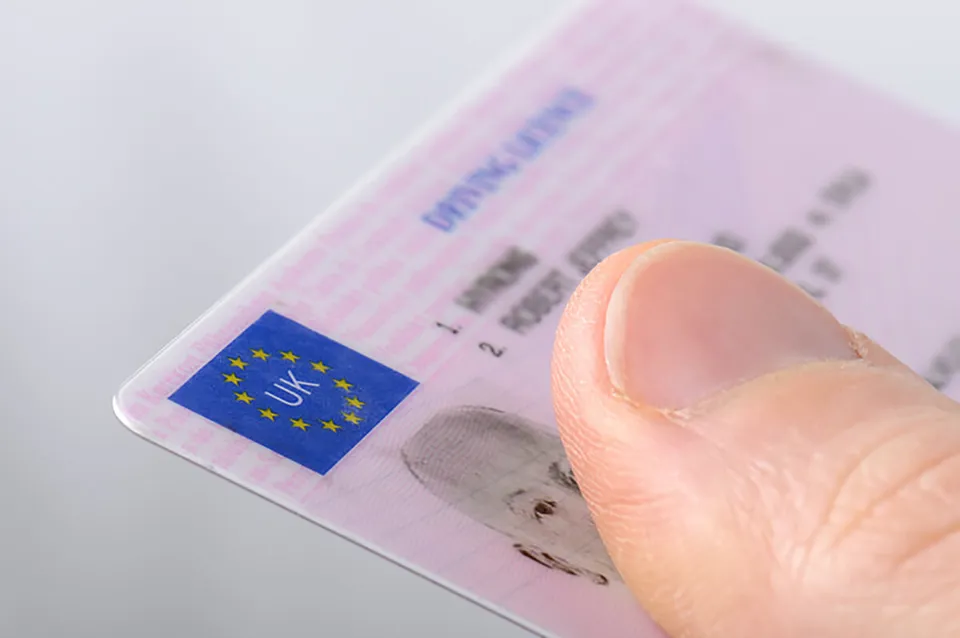A new Graduated Driving Licences Bill has been proposed in Parliament this week aimed at protecting younger drivers.
Batley and Spen Labour MP Kim Leadbeater has gathered cross-party support for the idea, as well as the approval of organisations including the RAC and AA.
Data from the Department of Transport (DfT) shows males aged 17-24 are four times more likely to be killed or seriously injured in a road collision than all other drivers aged 25 or over.
Ideas under discussion for inclusion within legislation are a lower maximum speed limit, smaller engines, a ban on carrying passengers aged under 25, a zero-alcohol limit, a curfew for night driving, and a limit to the number of passengers.
FleetCheck is urging the fleet sector to share its “expertise and experience” on the subject as proposals are debated in Parliament.
Peter Golding, FleetCheck’s managing director, said: “Graduated driving licences are an excellent idea and this proposal is rightly gathering widespread support.
“However, the suggestions being discussed are yet to be finalised and we believe that the fleet sector should very much have a voice in the consultations that will take place as the Bill progresses.
“It could be that our industry as a whole knows more than anyone about gradually giving more responsibility to younger drivers over time as well as the type of training and support that works best for them. This is an important moment to share that expertise and experience.”
With driving for work was covered by the Health and Safety at Work Act, fleets have been taking a responsible attitude towards younger drivers for decades, explains Golding.
“Fleet management best practice has for a long time included the need to look after the youngest employees who drive at work, whether that means as part of mainstream or grey fleet,” he added.
“Sometimes this means a blanket approach – for example, stipulating that no-one under 21 is allowed to drive on business – but there are also employers who undertake sophisticated induction programmes for younger drivers and monitor their progress over time.”
He continued: “Obviously, the fleet sector should be especially aware of the proposals covering this area.
“Certainly, our initial response to this is that if anything, legislation covering young drivers at work should be tighter than the general population.
“If a younger person is driving for a living, they are likely to be spending longer behind the wheel and will represent a bigger overall risk.”
However, Golding said that is not to prejudge any of the contents of the Bill. “We look forward to seeing the first concrete proposals as Kim takes this through Parliament and, alongside others in the fleet sector, will value the opportunity to add our voice to the consultation process.”




















Login to comment
Comments
No comments have been made yet.